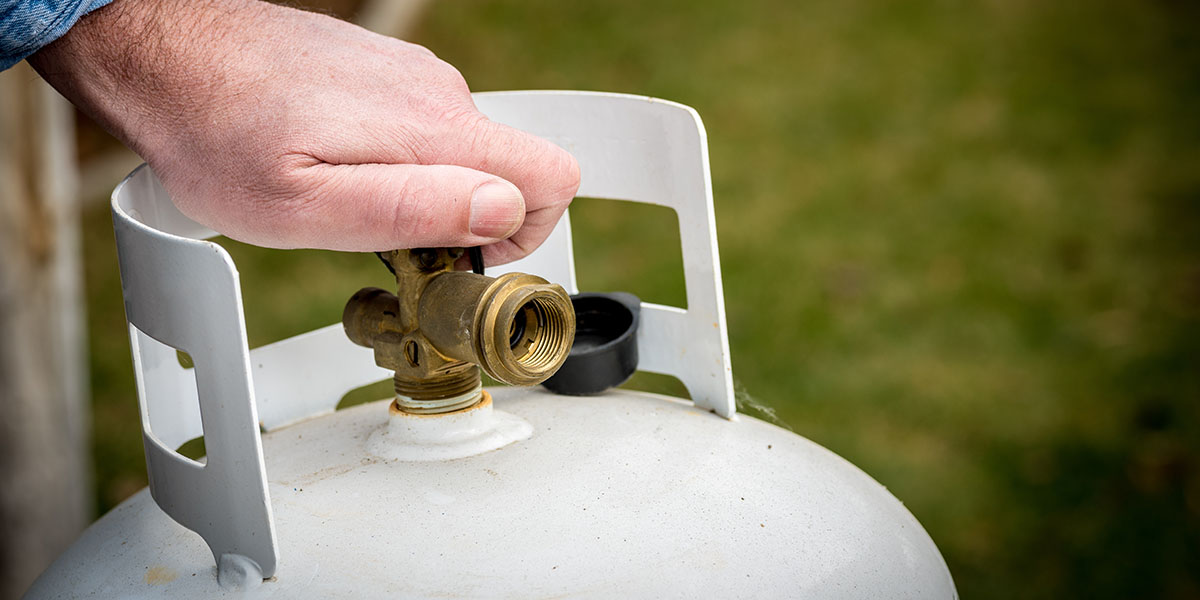On July 26, 2025, at around 12:30 p.m. two women were killed in a camper explosion in Old Orchard Beach, Maine, reports the Worcester Telegram & Gazette. The Maine Fire Marshall, Chief Shawn Esler, says a suspected propane leak was the likely cause of the explosion. The tragedy occurred from inside the camper while the two friends were staying at Powder Horn Campground. Both victims were from Massachusetts. Their names are Nancy Pilsch, a 57-year-old from Leominster, and Alesia Ventura-Large, a 58-year-old from Marlborough. Pilsch was the owner of the camper.
Investigating the Cause of the Camper Explosion in Maine
A local Maine station WGME cites the fire marshal’s press release as indicating that the explosion was ignited by one of the women when they lit a candle.
public to consider installing gas detectors where LP gas is used.
“We learned that when they arrived to the camper, there was a rotten egg smell in their
camper,” State Fire Marshal Chief Shawn Esler says. “They opened up some windows and
doors and subsequently lit a candle to help with the smell that was in the trailer. This is
what we believe is the ignition source.”
As to the liquid propane (LP) gas leak itself, fire investigators are investigating at two potential causes: a possible system failure and the stove. Officials, including the Maine Fuel Board, have indicated that one of the knobs on the stove appeared to be in the “on” position.
The women were rushed to the hospital but ultimately succumbed to the injuries.
Esler says the camper had a smoke detector, but not an explosive gas detector. The Old Orchard Beach deputy fire chief says the two friends were in town for a short
weekend visit and were inside a camper at the time of the explosion.
Incident Highlights Propane Safety for RVers
The Propane Education and Research Council, PERC, has a number of resources for those
who utilize propane, which is the majority of RVers. Among those resources are articles and
videos about what to do if you suspect you smell a propane leak.
The advice from the Maine officials were to add a liquid propane detector to an RV or home
in addition to a carbon monoxide (CO) detector. All modern RVs are outfitted with a CO
detector, which is wired in to the RV’s 12-volt electrical system. However, a liquid propane detector is a different device altogether and warns if it detects liquid propane. This can happen if there is a leak in the RV’s propane system or if a stove burner is left on without being lit, for example.
Modern RV Safety Features
Modern RVs with automatic ignition systems for water heaters and furnaces will have some protections built-in that prevent them from simply flooding the RV with unburned propane. (Which is why they will typically make three attempts to light an appliance and then shut off the gas and signal a warning. This is where that red light on RV water heaters indicating a direct spark ignition (DSI) fault illuminates. Usually this is the result of air in the propane lines which can be eliminated by simply lighting a burner on the stove.
But the propane detector is not necessarily installed on your RV. There are a variety of
these available including ones that are a direct replacement for the CO detector in your RV
and units that plug into a wall outlet. Campers should also be equipped for fire safety.
Like natural gas, propane does not naturally have an odor, color, or taste. So manufacturers
of LPG put chemical “odorants,” so propane would be immediately detected if ever there is a
gas leak. One of those is Mercaptan whose odor is often associated with the smell of a
rotten egg, decomposing cabbage, or sulfur.

Leave a Reply